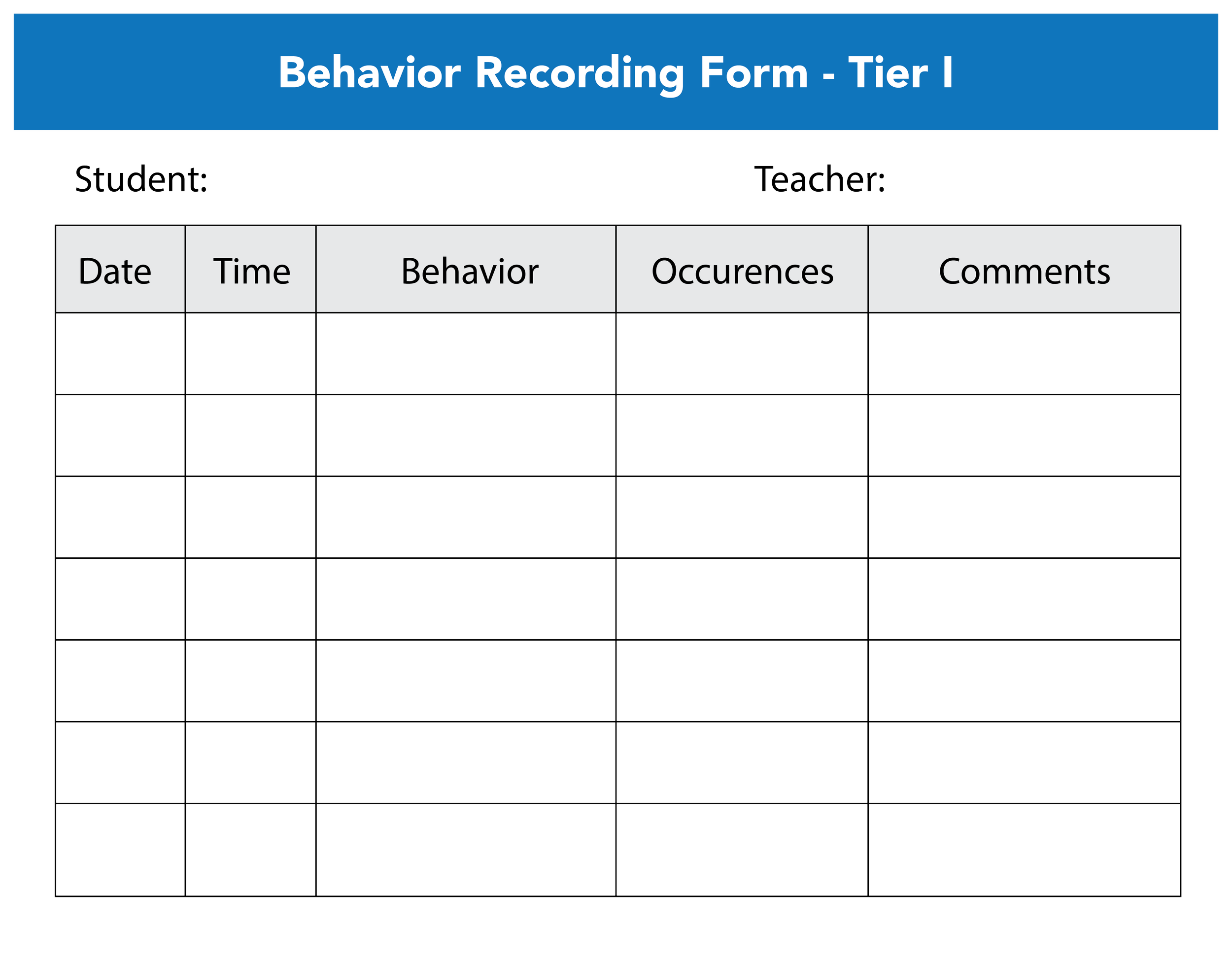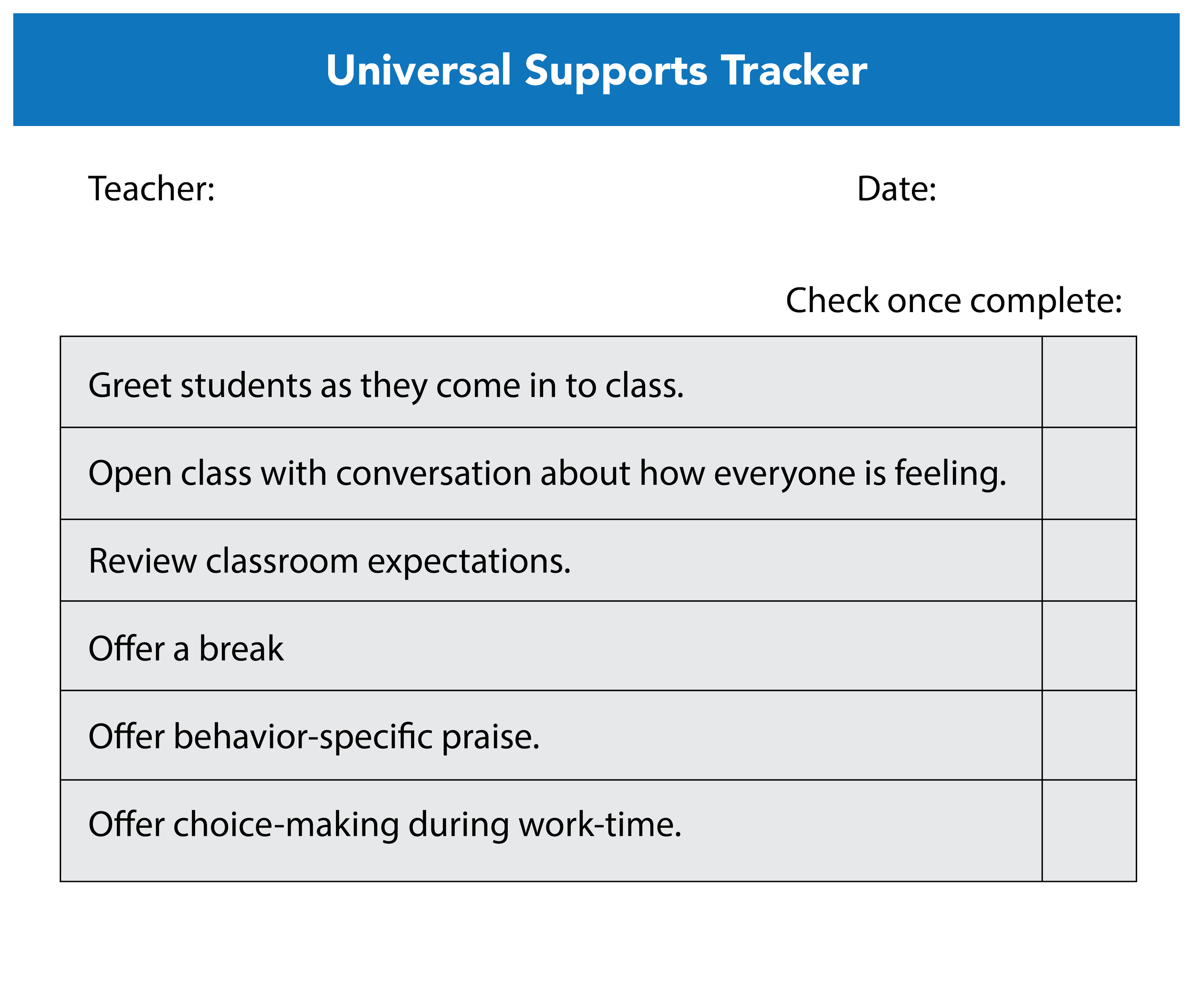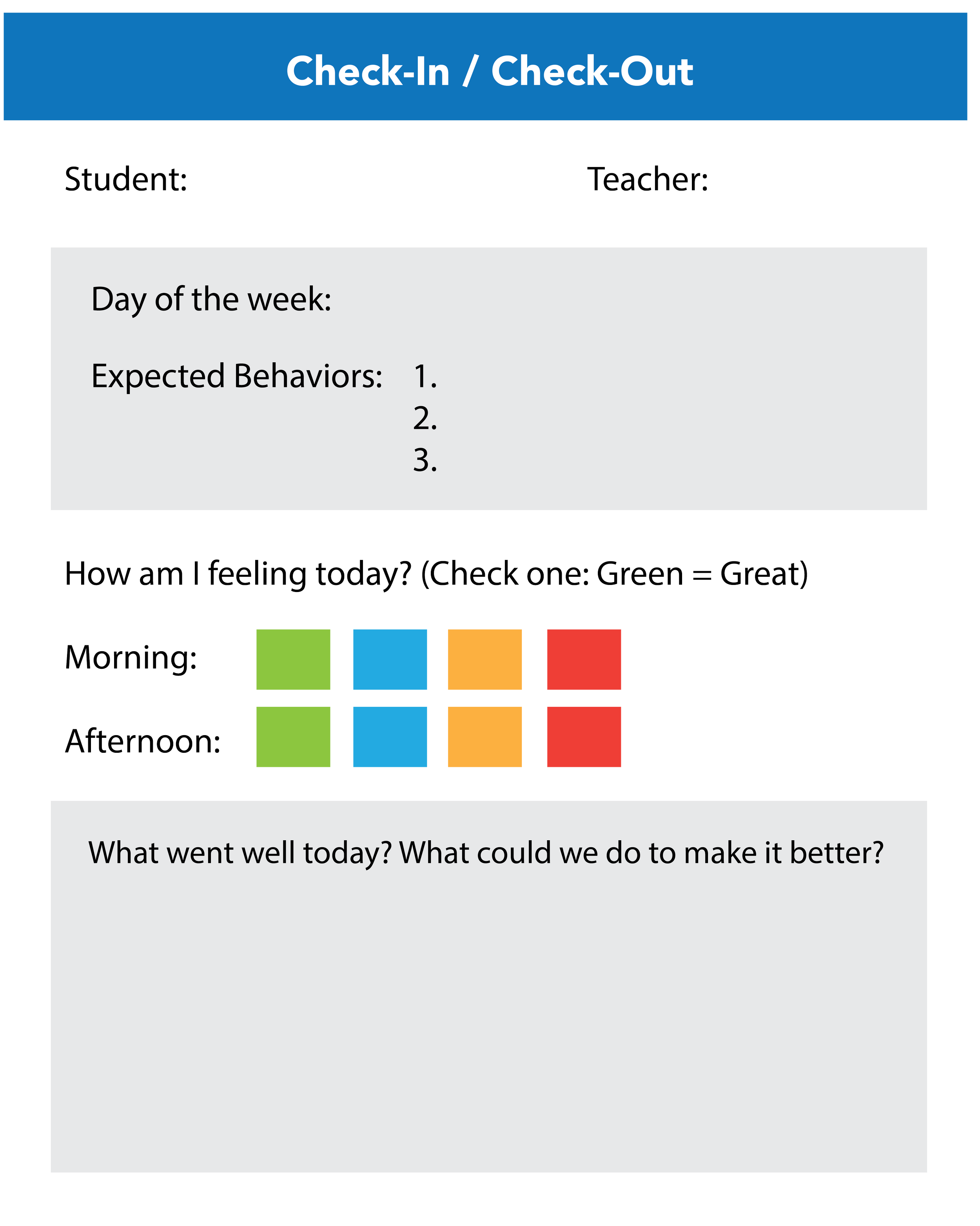
Data Collection
Overview
There are quite a few reasons why data collection is important. PBIS teams can use screening data to identify students that may benefit from additional supports. Diagnostic data can help teachers and teams better understand the problem and which interventions may be best suited for the situation. Progress-monitoring data is important to track student progress and growth. Lastly, fidelity data can help teams understand how well the systems are being implemented.
It is important to routinely check systems to ensure the current programs have strong implementation. For example, to track the data of a check-in/check-out system at the classroom level, a teacher may choose to implement an observation worksheet. Overall, the collection of multiple types of data is very important to help PBIS teams maintain effective plans, systems and implementation (KoiEducation 2022). Data can be collected at the classroom level, as well as the school-wide level. For example, at the school-wide level, a PBIS team might look to see if more than 15% of students are needing Tier 2 supports and what percentage of Tier 2 students are showing successful improvement (Florida PBIS Project 2022).



